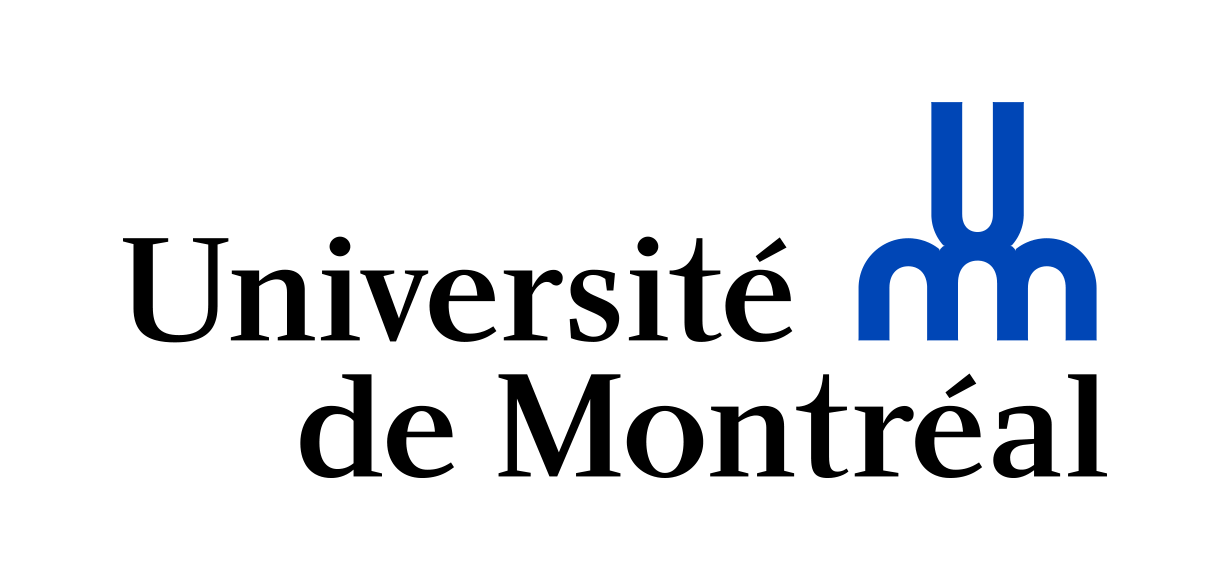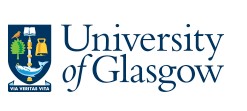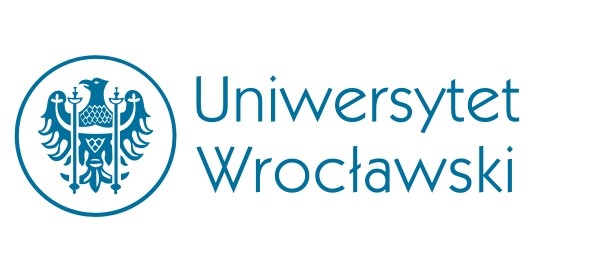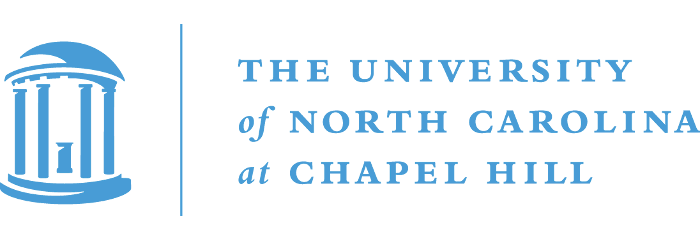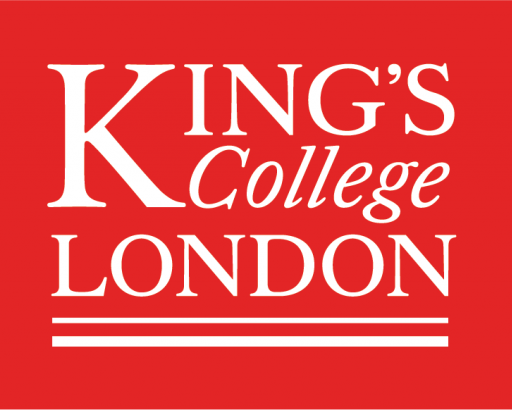Adrian FLOREA
University of Glasgow

Dr Adrian Florea is Lecturer in International Relations in the School of Social and Political Sciences at the University of Glasgow. His research focuses on the behavior of armed nonstate actors and was published, or is forthcoming, in International Studies Quarterly, Perspectives on Politics, Security Studies, International Interactions, International Studies Review, and Oxford Encyclopedia of Empirical International Relations Theory. Dr Florea is currently preparing a book manuscript on the survival and disappearance of de facto states, unrecognized statelike entities such as Abkhazia, Nagorno-Karabak, or South Ossetia.
Email: adrian.florea [at] glasgow.ac.uk
University Website
Personal Website
Twitter: @adrianflorea13
Recent publications
Powell, S. R. and Florea, A. (2021) Introducing the Armed Nonstate Actor Rivalry Dataset (ANARD). Civil Wars, 23(2), pp. 177-206.
Florea, A. (2020) Rebel governance in de facto states. European Journal of International Relations, 26(4), pp. 1004-1031.
Lee, M. J., Florea, A. and Blarel, N. (2019) Opening the black box of finance: north-south investment, political risk, and U.S. military intervention. Political Studies, 67(4), pp. 872-894.
Florea, A. (2018) Authority contestation during and after civil war. Perspectives on Politics, 16(1), pp. 149-155.
Florea, A. (2018) Spatial rivalry and coups against dictators. Security Studies, 27(1), pp. 1-26.
Adrian Florea, “Theories of Civil War Onset: Promises and Pitfalls,” in William R. Thompson, ed., Oxford Encyclopedia of Empirical International Relations Theory (Oxford University Press 2017).
Adrian Florea, “De Facto States: Survival and Disappearance (1945-2011),” International Studies Quarterly 61:2 (2017): 337-351.
Adrian Florea, “De Facto States in International Politics (1945-2011): A New Dataset,” International Interactions 40:5 (2014): 788-811.
Adrian Florea, “Where Do We Go From Here? Conceptual, Theoretical, and Methodological Gaps in the Large-N Civil War Research Program,” International Studies Review 14:1 (2012): 78-98.






